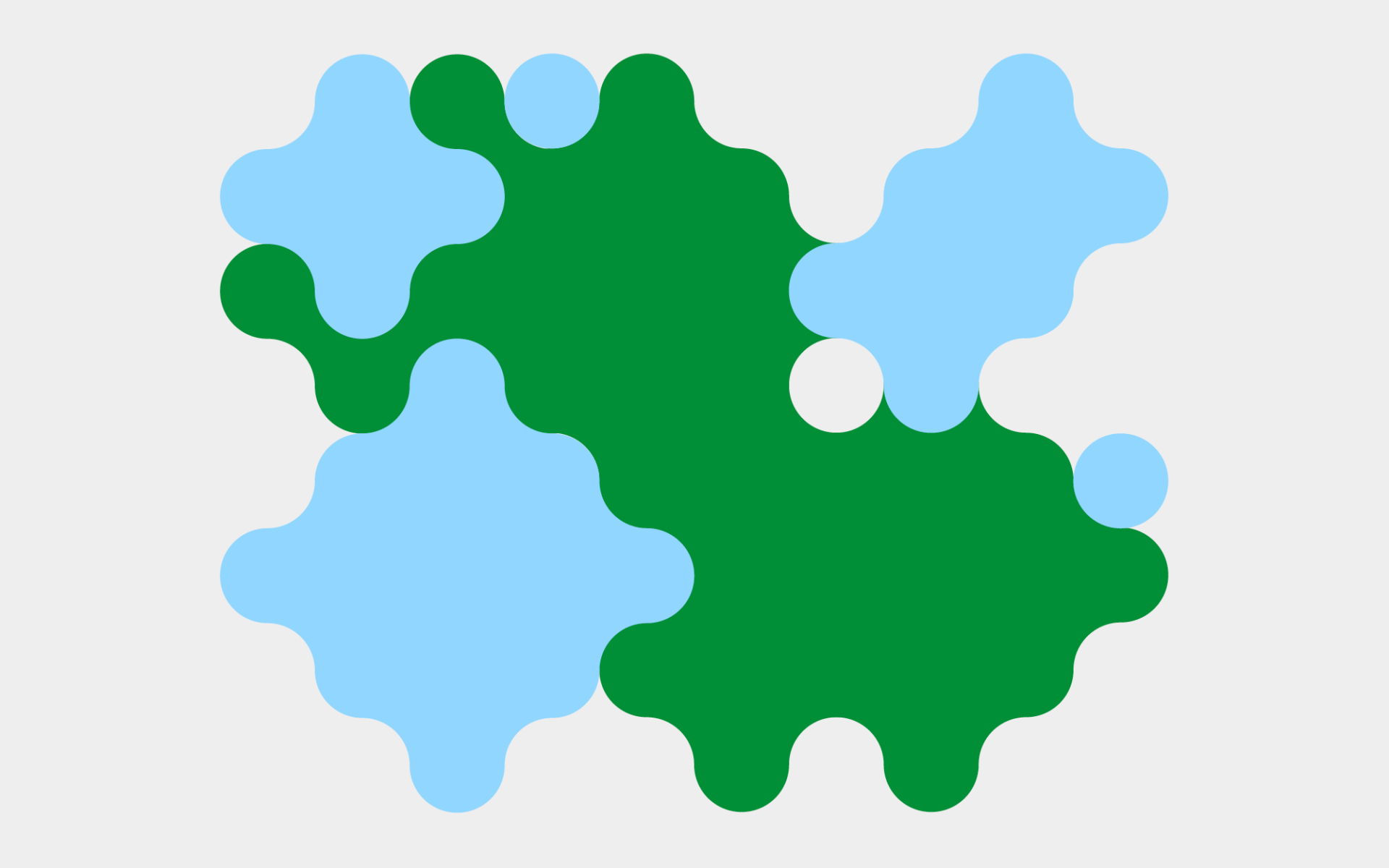

2010
Automatic Paralllelization of Audio Applications with Faust
Faust (Functional AUdio STreams) [1] stands for both a programming language and its compiler. Being fully compiled allows Faust to be used as an alternative to C/C++ to develop high-performance audio signal processing applications, DSP libraries and plug-ins for a variety of audio platforms and standards.
Mots-clés :
Signal, Real-time, Programming, Processing, Functional, Dataflow, Compiler
Work Stealing Scheduler for Automatic Parallelization in Faust
Faust 0.9.10 introduces an alternative to OpenMP based parallel code generation using a Work Steal- ing Scheduler and explicit management of worker threads. This paper explains the new option and presents some benchmarks.
Mots-clés :
Signal, Real-time, Programming, Processing, Functional, Dataflow, Compiler
2009
FAUST : an Efficient Functional Approach to DSP Programming
FAUST is a programming language that provides a purely functional approach to signal processing while offering a high level of performance. FAUST aims at being complementary to existing audio languages by offering a viable and efficient alternative to C/C++ to develop signal processing libraries, audio plug-ins or standalone applications. The language is based on a simple and well defined formal semantics. A FAUST program denotes a signal processor, a mathemati... Lire la suite
FAUST is a programming language that provides a purely functional approach to signal processing while offering a high level of performance. FAUST aims at being complementary to existing audio languages by offering a viable and efficient alternative to C/C++ to develop signal processing libraries, audio plug-ins or standalone applications. The language is based on a simple and well defined formal semantics. A FAUST program denotes a signal processor, a mathematical function that transforms input signals into output signals. Being able to know precisely what a program computes is important not only for programmers, but also for compilers needing to generate the best possible code. Moreover these semantics questions are crucial for the long term preservation of music programs. The following paragraphs will give an overview of the language as well as a description of the compiler, including the generation of parallel code.
Mots-clés :
Signal, Real-time, Programming, Processing, Functional, Dataflow, Compiler
2006
DSP Programming with Faust, Q and SuperCollider
Faust is a functional programming language for realtime signal processing and synthesis that targets high-performance signal processing applications and audio plugins. The paper gives a brief introduction to Faust and discusses its interfaces to Q, a general purpose functional programming language, and SuperCollider, an object-oriented sound synthesis language and engine.
Mots-clés :
SuperCollider, Signal, Q, Programming, Processing, Music, Language, Functional, FAUST, Digital, Computer
Faust 0.9.8 Quick Reference
This document is a quick-reference to the Faust language (version 0.9.8), a programming language for real-time signal processing and synthesis that targets high-performance signal processing applications and audio plugins.
Mots-clés :
Digital, Functional, Processing, Programming, Signal